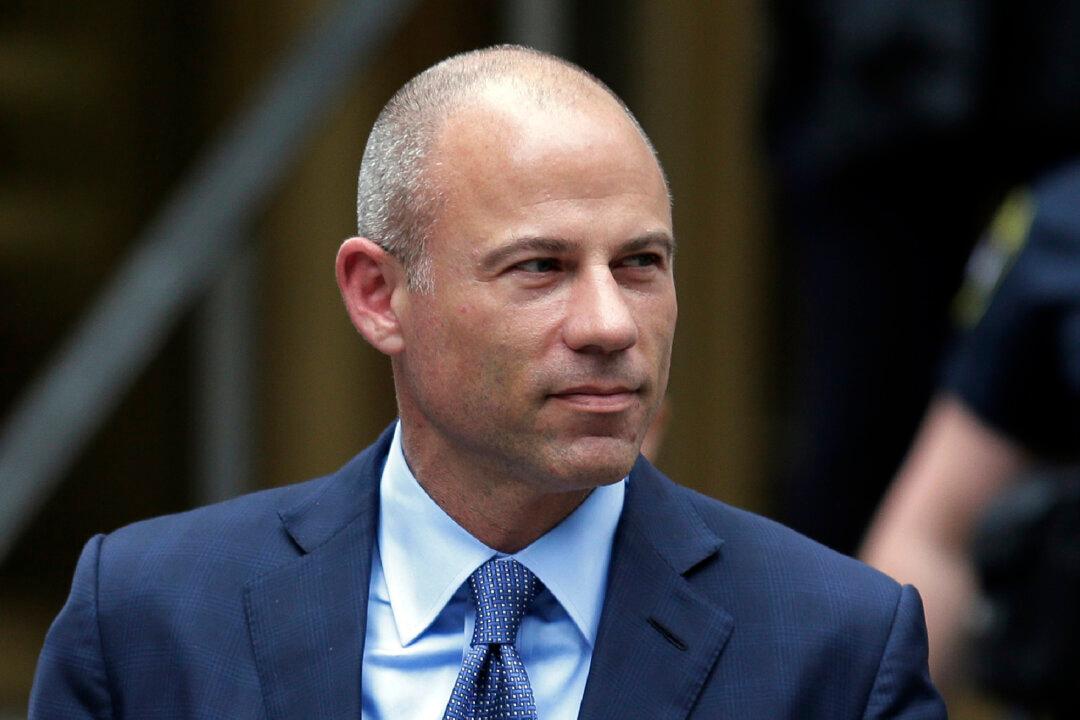Attorney Michael Avenatti was attempting to hide assets while out on bail, prompting his arrest, prosecutors said.
Avenatti was arrested in California court on Jan. 14 after government prosecutors asked a judge to approve a warrant for his arrest.


Avenatti was arrested in California court on Jan. 14 after government prosecutors asked a judge to approve a warrant for his arrest.